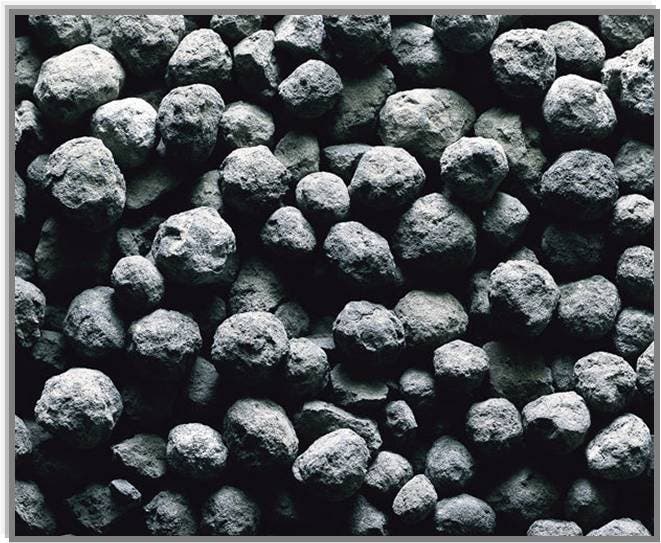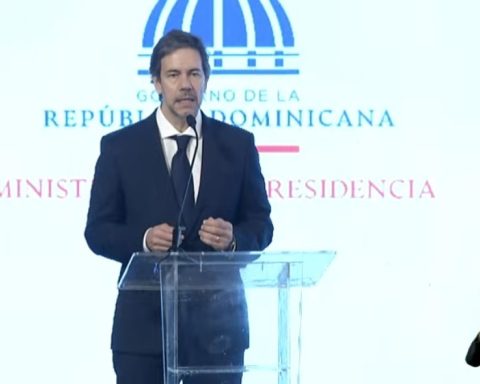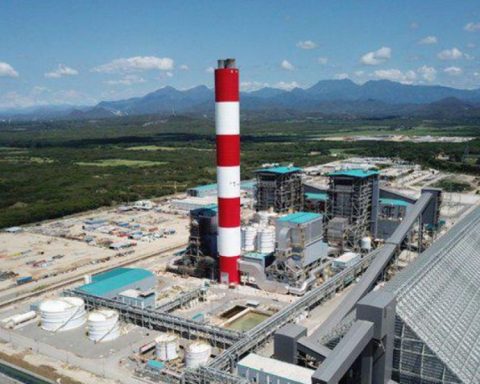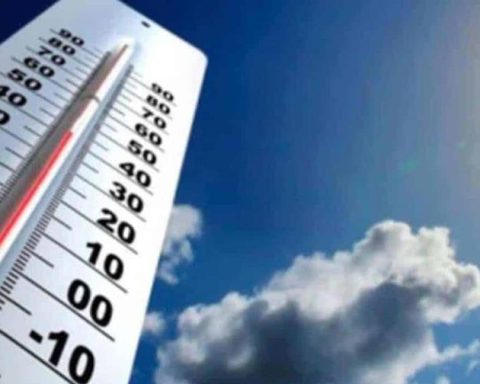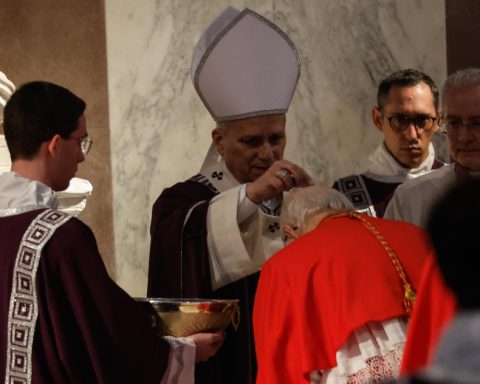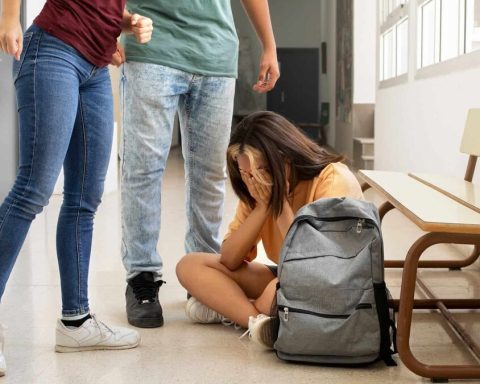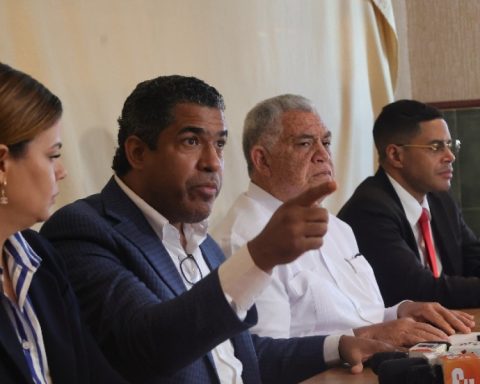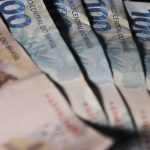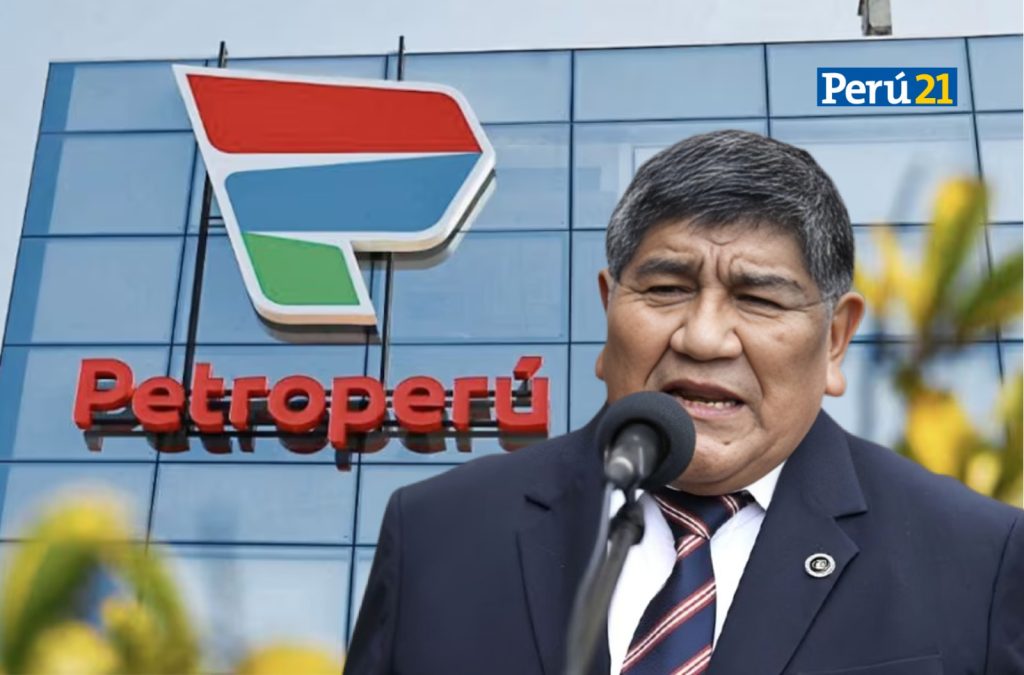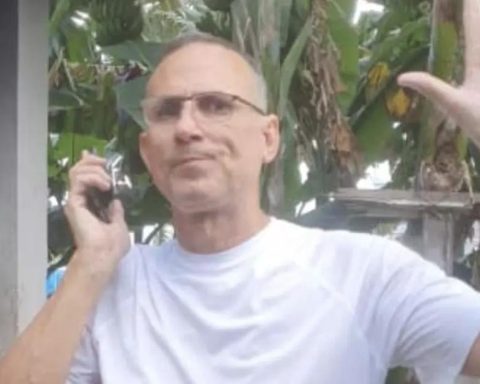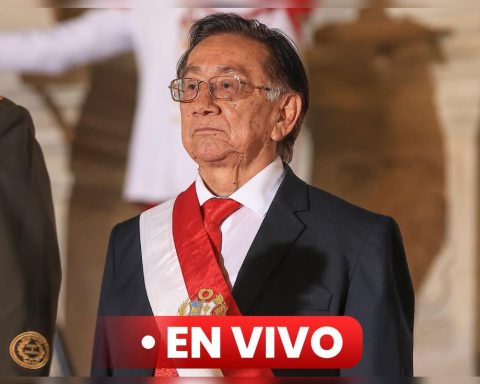The Circular Economy is one of the key elements to achieve reduction of GHG emissions, according to the Roadmap developed by this sector.
The cement industry is taking significant steps towards adopting circular economy principles. This approach not only promises to transform the industry, but also lays the foundation for a more sustainable and resilient construction sector, according to Business Law and Economic Regulation graduate, Fhabrisia of Jesusduring the Webinar “The Cement Industry and its Role in the Circular Economy” organized by ADOCEM.
Ms. De Jesús explained that the circular economy is a production and consumption model that seeks to optimize resources, reduce the consumption of raw materials and take advantage of waste, recycling it or giving it a new life to turn it into new products.
“Contrary to what one might think, the cement industry in our country is already working on applying the principles of circular economy in all aspects of the material’s life cycle, ranging from obtaining raw materials to recycling at the end of the products’ useful life,” he said.
“In the Dominican Republic, we are committed to reducing our carbon footprint and strengthening our environmental performance, which is why we are taking significant steps regarding waste recovery, optimization of manufacturing facilities, use of supplementary materials, improvements in energy efficiency, among other initiatives for the implementation of circular economy principles.” This is what he said. Julissa Baezexecutive director of ADOCEM during her speech at the webinar.
Waste recovery, also known as co-processing, allows previously conditioned waste to be used as raw material in the cement production process.
This process eliminates waste efficiently, without generating new waste, ensuring that all the material involved is converted into energy or incorporated into the Clinker (intermediate material necessary for the manufacture of cement) permanently and irreversibly, maintaining environmental guarantees and product quality.
The expert stated that “The benefits offered by the use of waste in cement manufacturing processes are many, one of the main ones being the reduction in the use of fossil fuels and therefore the reduction of carbon dioxide (CO2) emissions into the atmosphere.
To obtain these environmental benefits, the country must have clear rules, through a legal framework and administrative procedures that are necessary for the use of waste as a source of energy generation, as well as continuous communication and education for all citizens, because in the end we all play a role in the implementation of the circular economy.”
The Dominican Republic has a solid cement industry, with the technical and human capacity to carry out the safe disposal of certain types of non-recoverable waste, thus contributing to the development of capacities for environmental improvement.
However, for waste recovery to become a widespread practice that maximizes its positive impact, it is essential to have a reliable supply chain of waste materials suitable for use as an energy source and a legal framework that supports this transition, Báez emphasized.
About ADOCEM classroom
ADOCEM Classroom is an annual training program that seeks to add shared value to common development agendas with the actors in the sector, with a variety of topics: new technologies and updating of techniques and knowledge of professionals; construction systems based on cement and concrete, and the proper use and applications of both products; sustainable development of the industry, reuse of materials; products and services, among others.
About Fhabrisia De Jesus
Graduate in Law from the Pedro Henríquez Ureña National University (UNPHU) with a Master’s Degree in Business Law and Economic Regulation (PUCMM), complementary studies in: circular economy, design of corporate social responsibility strategies, alliances for sustainable development, formulation of climate projects for NDC and a focused project management program at BARNA.
It is a link between the public and private sectors of dialogue tables to formulate public policies such as the Solid Waste and Co-processing Law of the Dominican Republic, and its implementing regulations, table for the preparation of the operational regulations of the solid waste trust ‘DO Sostenible’, National Plan for Extended Producer Responsibility and National Policy for Sustainable Production and Consumption of the Dominican Republic.
Leading Expert of the Waste Sector working group for the Superintendency of the Securities Market of the Dominican Republic (SIMV) and the International Finance Corporation (IFC) of the World Bank, of the Green Taxonomy project, RD Verde.
Warning
This message and any attachments may contain confidential information and are intended solely for the intended recipient. Current legislation prohibits the use, disclosure or copying of the content of this message by anyone other than the intended recipient without prior authorization. If you are not the intended recipient of this message and have received it in error, I would appreciate it if you would inform me and destroy it.
